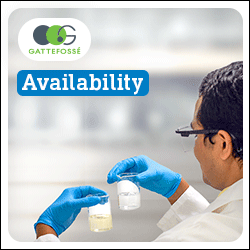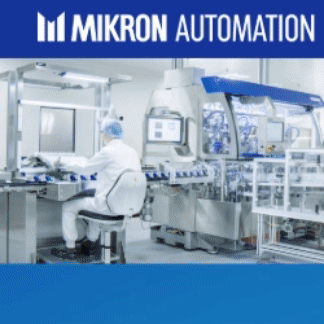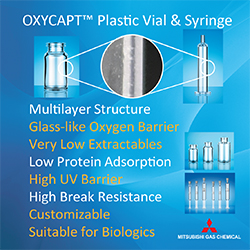Artelo Biosciences Completes Positive Pre-IND Meeting With FDA
Artelo Biosciences, Inc. recently announced it has completed a pre-IND meeting with the US FDA regarding the manufacturing, preclinical, and clinical development plan for ART26.12. Based on the FDA’s feedback, the company also announced it plans to file an IND application for the use of ART26.12 in neuropathic pain in the first half of 2024.
ART26.12 is a potential first-in-class orally administered Fatty Acid Binding Protein 5 (FABP5) inhibitor drug, initially under development for the prevention of chemotherapy-induced peripheral neuropathy, a debilitating and often treatment-altering side effect of cancer therapy. The FDA reviewed the IND-enabling preclinical data, manufacturing plans, and clinical study protocol synopses, provided guidance, and answered Artelo’s questions on the development plan.
“We greatly value the FDA’s guidance as we complete our remaining IND-enabling studies,” said Dr. Andrew Yates, Chief Scientific Officer at Artelo Biosciences. “The guidance we received was positive and validating as we prepare to advance ART26.12 into the clinic.”
Gregory Gorgas, CEO of Artelo Biosciences, added “We look forward to filing an IND application in order to obtain clearance for the first-in-human ART26.12 Phase 1 clinical trial. Importantly, based on our preclinical studies, we believe ART26.12 holds the promise to address a variety of painful neuropathies, whether they are caused by chemotherapy or are disease related such as diabetic neuropathy.”
According to Persistence Market Research, the global neuropathic pain market was approximately $7.6 billion in 2022 and is expected to exceed $14 billion by the end of 2033.
Fatty Acid Binding Proteins (FABPs) are a family of intracellular proteins that chaperone lipids including endocannabinoids and fatty acids. Various inhibitors of FABPs may be particularly useful for the treatment of specific cancers, neuropathic and nociceptive pain, and anxiety disorders. ART26.12, Artelo’s lead FABP inhibitor compound, is a selective inhibitor of FABP5. While developing our lead molecule for chemotherapy-induced peripheral neuropathy, additional compounds from our extensive library of potent and selective inhibitors of FABPs have been identified and selected for advancement towards regulatory-enabling studies in cancer and other areas of high-unmet need where inhibition of FABPs show significant promise.
Peripheral neuropathy refers to a condition in which there is damage to the peripheral nerves. These nerves are responsible for transmitting signals between the central nervous system and the rest of the body. Chemotherapy-induced peripheral neuropathy (CIPN) is a common and often painfully debilitating complication of cancer therapies, sometimes resulting in reduction or cessation of treatment. No currently approved treatment exists for CIPN. Diabetic neuropathy refers to a type of nerve damage that occurs as a complication of diabetes. It is caused by long-term high blood sugar levels, which can lead to damage of the blood vessels and nerves throughout the body. The prevalence of diabetic neuropathy is significant due to the increasing number of people with diabetes worldwide.
Artelo Biosciences, Inc. is a clinical-stage pharmaceutical company dedicated to the development and commercialization of proprietary therapeutics that modulate lipid-signaling pathways including the endocannabinoid system. Artelo is advancing a portfolio of broadly applicable product candidates designed to address significant unmet needs in multiple diseases and conditions, including anorexia, cancer, anxiety, pain, neuropathy, and inflammation. Led by proven biopharmaceutical executives collaborating with highly respected researchers and technology experts, the company applies leading edge scientific, regulatory, and commercial discipline to develop high-impact therapies. For more information, visit www.artelobio.com.
Total Page Views: 837













